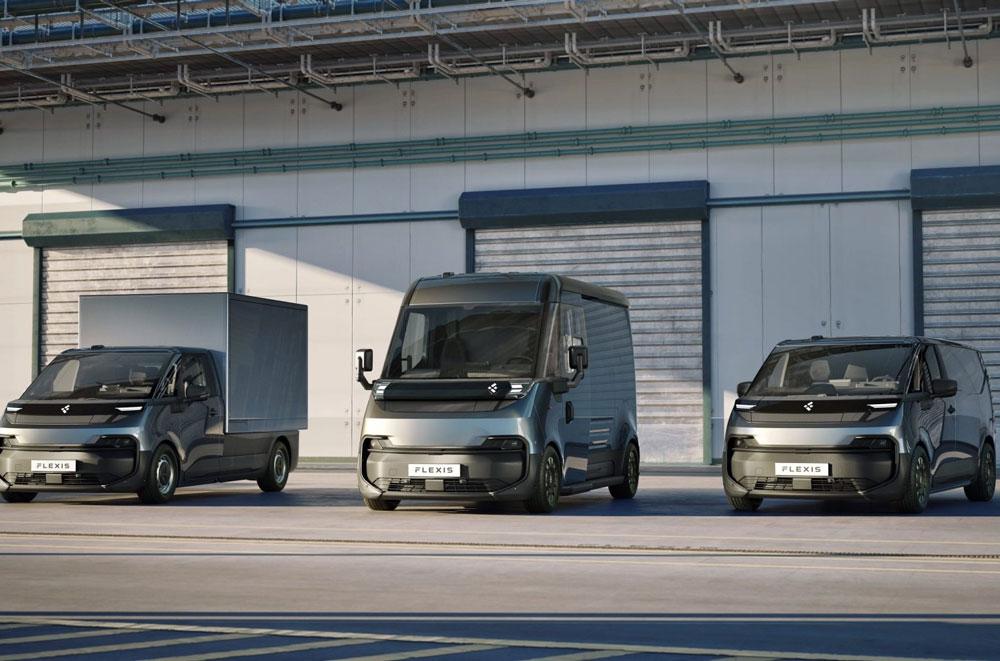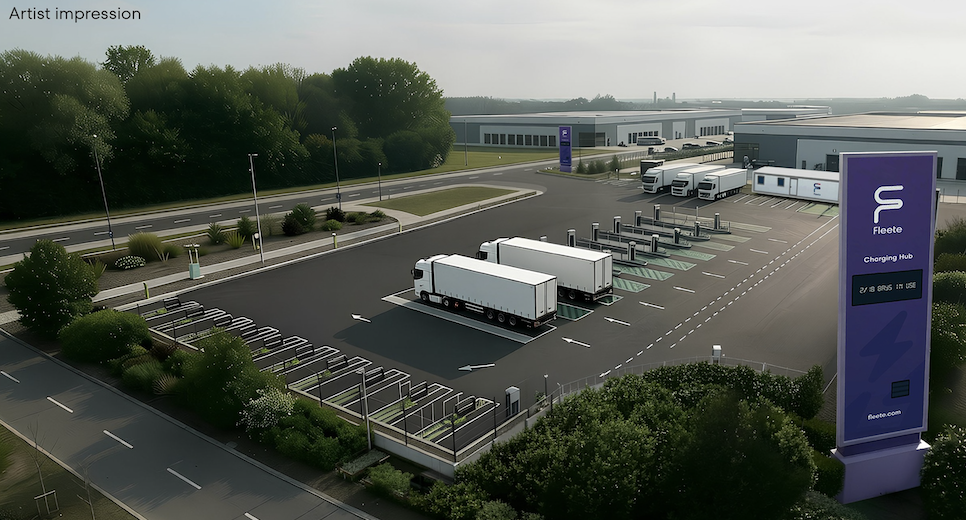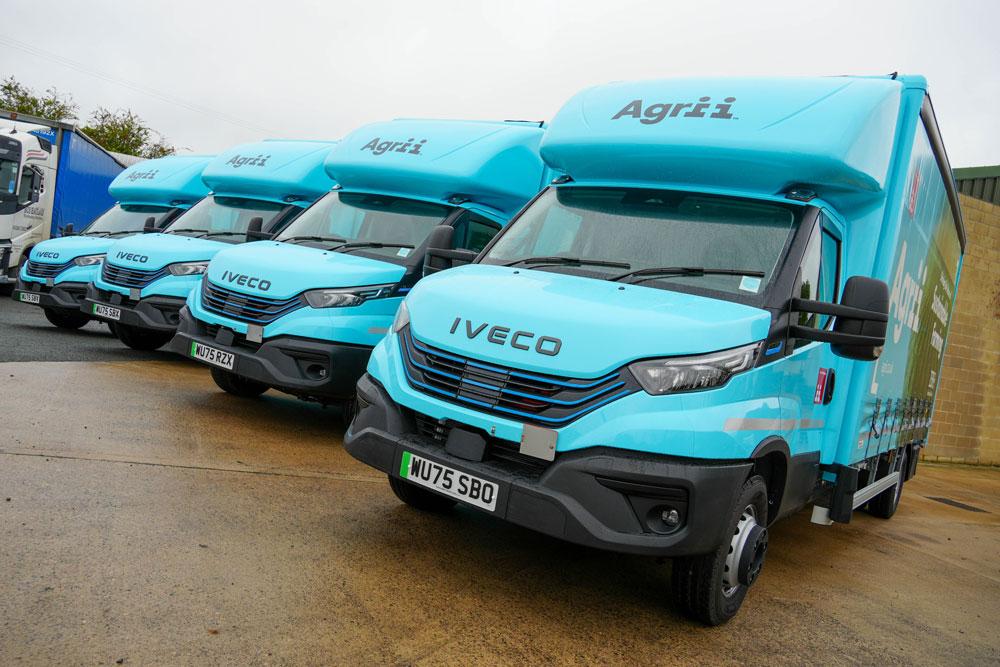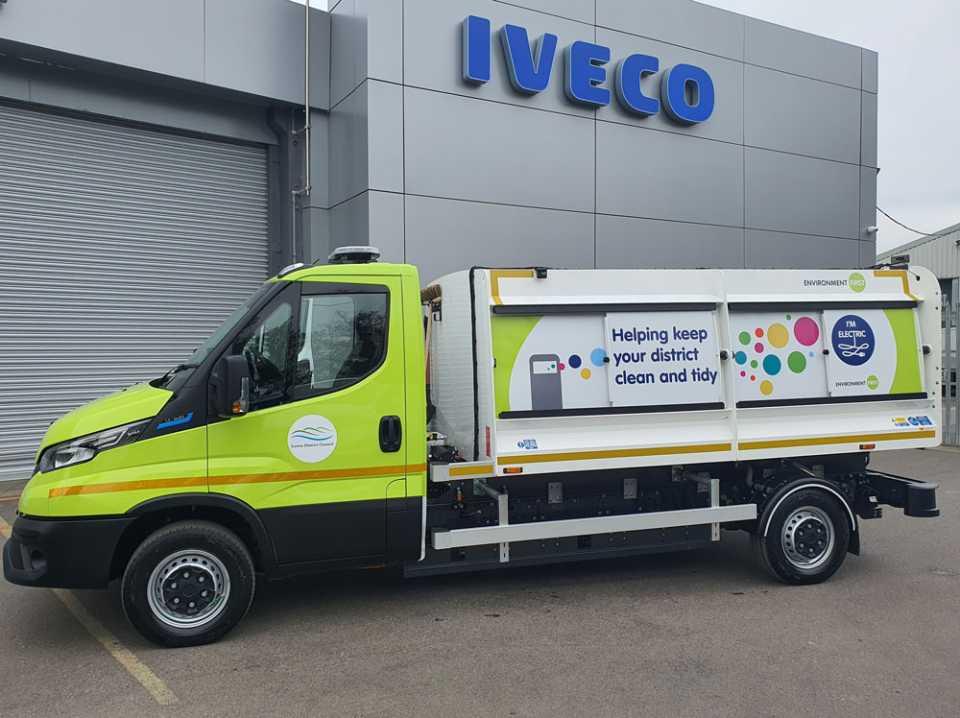The UK logistics industry is urging ministers to keep low carbon fuel (LCF) as part of the solution to reduce emissions from heavy road freight, warning that the current trajectory to decarbonise commercial vehicles is “highly ambitious”.
Practical constraints such as the high cost of battery electric HGVs and reduced payloads, in addition to costs and time associated with installing grid upgrades are blocking progress on decarbonisation.
Logistics businesses are calling on the government to recognise the critical role that LCF can play in achieving climate change goals: without this, the sector's ability to decarbonise effectively and at pace will be compromised.
The caution is sounded in an Industry Statement, signed by 48 organisations including logistics providers, local authorities, fuel suppliers, vehicle manufacturers and industry bodies. More support is needed “if decarbonisation targets are to be achieved”, according to the signatories, and LCF such as biomethane, high blend biodiesel and renewable diesel (HVO) needs to be considered an “acceptable means of decarbonising HGVs in the UK.”
The call, a joint initiative between business group Logistics UK and the Sustainable Logistics Forum, was included in a ministerial letter sent to Kier Mather, Minister for Aviation, Maritime and Decarbonisation and Chris McDonald, Minister for Industry in the Department for Energy Security and Net Zero. The letter and statement outline how, while battery electric vehicles are widely accepted as the primary route to decarbonise HGVs, the technology is not yet considered commercially viable across most vehicle weights or operational use cases.
Logistics UK Head of Decarbonisation Policy Lamech Solomon commented, “The logistics industry is facing its biggest ever challenge – how to achieve decarbonisation targets with limited infrastructure while faced with a challenging economic climate. Using LCF reduces greenhouse gas emissions by up to 80% so can have an instant impact. This Industry Statement makes it clear the logistics sector recognises zero tailpipe emission HGVs are the long-term goal but highlights how LCF can help support businesses decarbonise in a pragmatic and cost-effective manner – something that is critical for a sector where 99.7% of companies are small to medium enterprises and profit margins are typically 1-3%.”
In addition to outlining industry’s concerns, the statement makes specific recommendations where the government can help the sector. Solomon continues, “It is essential that the government adopts a technology-neutral approach to decarbonising HGVs and develops a long-term, stable policy environment that supports the wider adoption and production of LCF. Our industry needs the government to establish and maintain fiscal incentives to ensure operators can adopt these fuels more widely.
“All viable pathways to decarbonise HGVs and specialist use cases, including LCF and other solutions must be considered: the government needs to recognise that LCF is complementary to battery electric vehicles and until zero tailpipe emission options are commercially viable for all use cases, LCF will be vital to the HGV fleet.
“Any meaningful dialogue with the government to develop a plan will help our sector meet our decarbonisation goals, but the approach must be achievable, pragmatic and cost-effective, without penalising operators or impacting supply chain resilience.”







